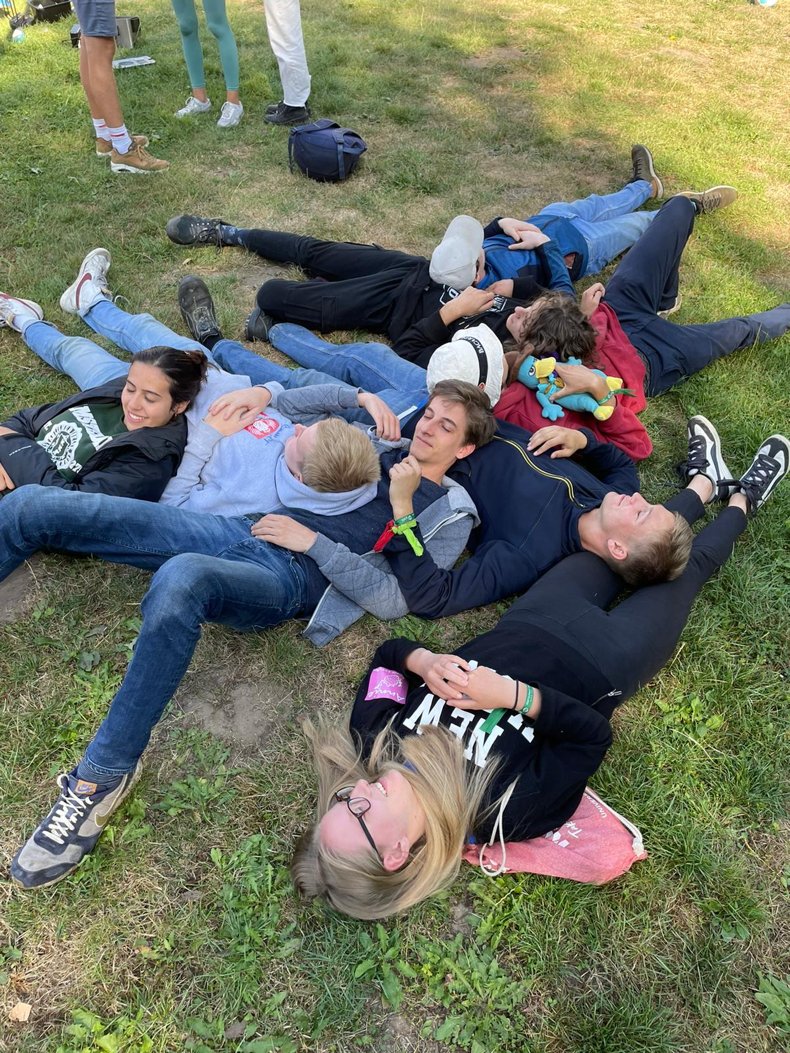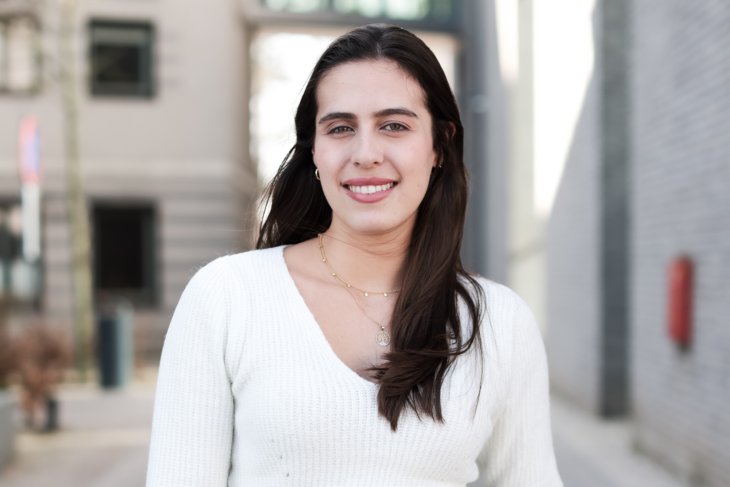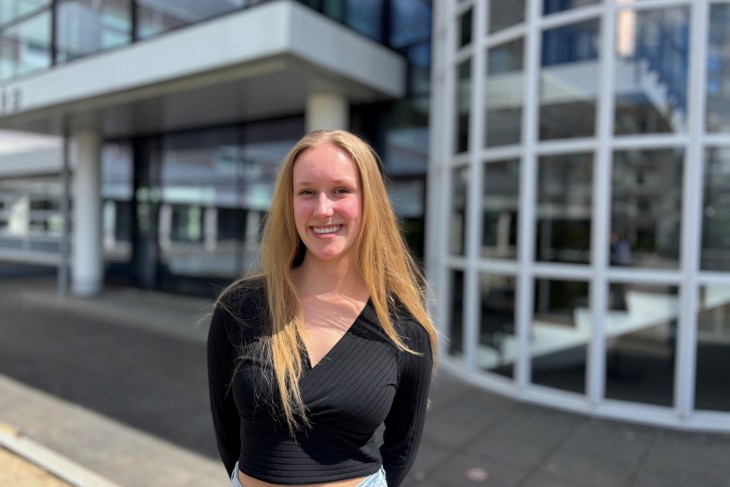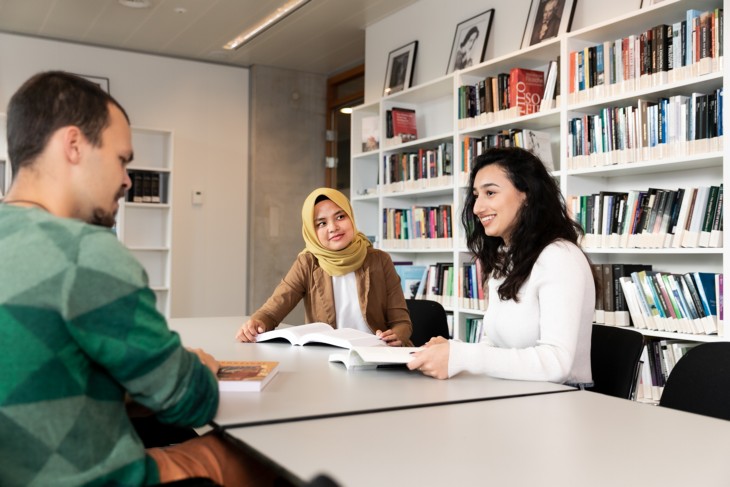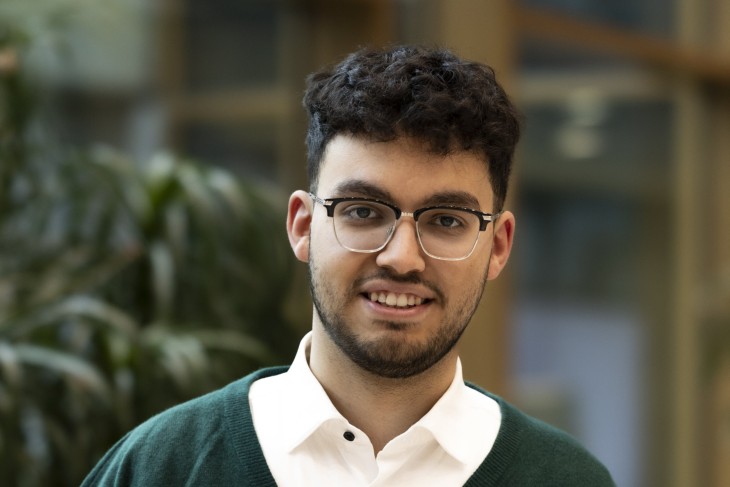“I remember when I first came across the University of Twente. Back in Brazil, my mother and I were doing some research into different technical universities. As I always wanted to study abroad, preferably in Europe since I am half Italian, we were looking specifically for European universities.
During one of our many Google sessions, my mom stumbled upon the University of Twente, and it caught my attention immediately. The campus video really stood out to me, and I liked the project-centred approach within the study programmes. After joining several study choice activities, like meeting up with a student online and joining an Online Open Day, I was sure. Everyone was so friendly and open that I felt really connected to the university already, even from afar, so I decided to come study here.
Electrical Engineering
As I came from a regular high school in Brazil, I needed to complete a Foundation Year first to be admitted to a bachelor’s programme at the University of Twente. After that, I was able to enrol in Electrical Engineering.
It wasn’t the easiest choice. I knew I wanted to study something in the field of engineering, as I have always been interested in math and physics, but I was not sure in which direction yet. I thought of mechanical engineering, biomedical engineering, and electrical engineering, but I realised that I was curious about everything in the field of engineering. So then I turned the question around: what do I know the least of? Where can I learn the most? That’s when Electrical Engineering popped up. I wondered: how does a television or your telephone work? Or an antenna, or Bluetooth?
Cool projects
It turned out to be the right choice! I feel like the programme has a great balance between theoretical and practical learning. Everything that you learn in the theoretical classes relates to the projects you’re working on, and the projects are really cool as well.
For example, in the second module, we built an inverter of a solar panel. Unfortunately, we weren’t able to make it work in the end, but that didn’t mean we failed, because we were able to pinpoint where it went wrong and what we could’ve done differently to make it work. This was an important realisation for me: a project is not a success if the result turns out right; it’s a success when you’ve learned something.
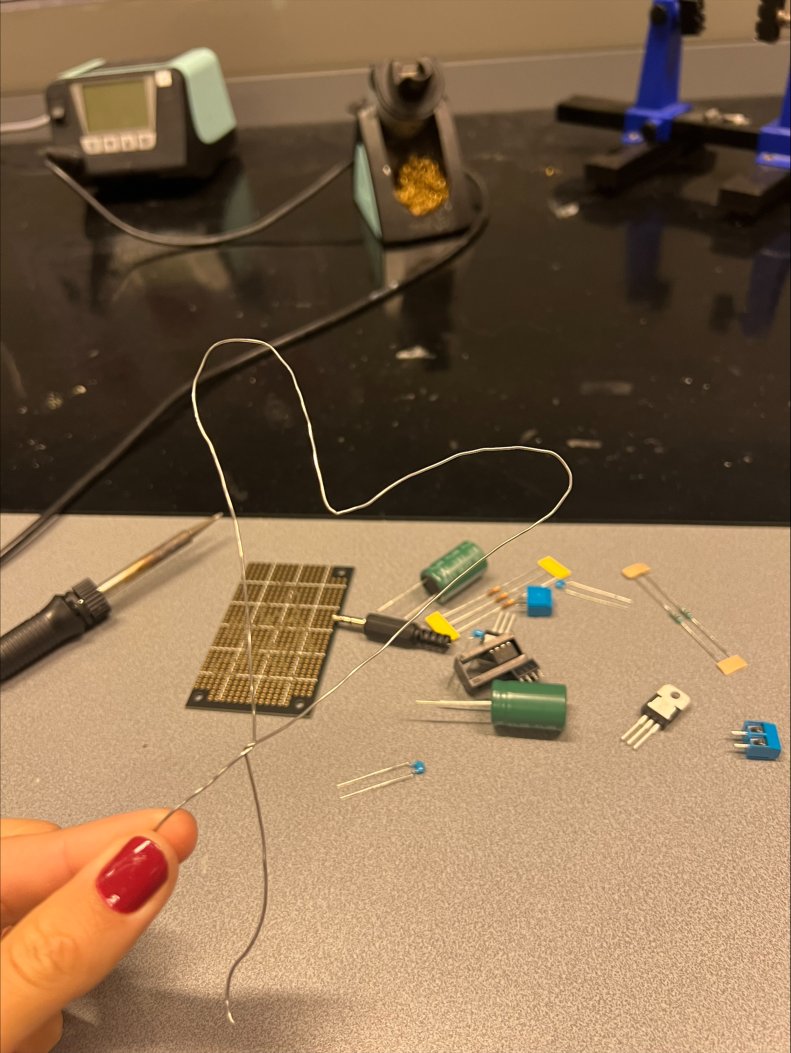
Building our own speaker
In the third module, we focused on making an audio amplifier – basically a fancy word for a speaker – or actually the electrical part of it. We had to design our own circuits and we did a lot of soldering. In the end, unlike the inverter of a solar panel we worked on the module before, our speaker worked and we played a lot of music! That was very rewarding, and a lot of fun as well. There was different music coming out of every corner of the lab – it kind of felt like there was a little festival going on in the middle of the lab.
It shows that the atmosphere is really great, as well. And let’s face it: student life is about much more than studying. I’ve met so many nice people – fellow Electrical Engineering students, but a lot of other students as well, who feel like my second family now. I hang out with them a lot – from going out together to study sessions in the library to swimming or going to the gym. Even though it was a big step to come from Brazil to Twente, I feel like I came to the right place.”
